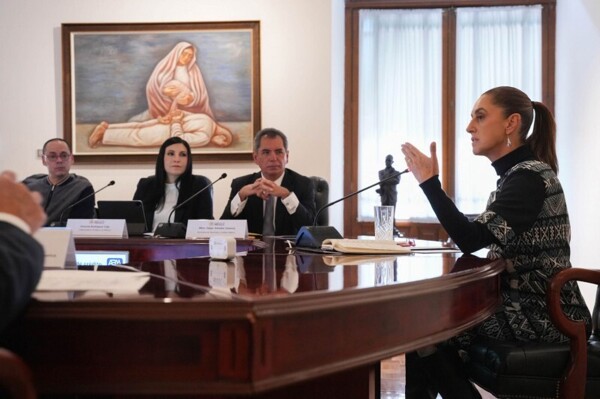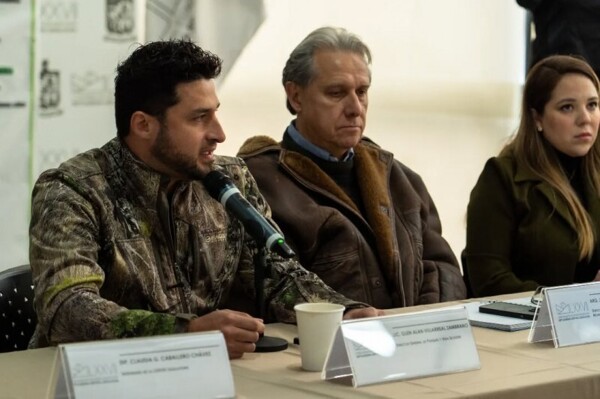
During the Friday morning conference, Citlalli Hernández, head of the Ministry of Women, presented the Women's Rights Charter, a tool designed for popular pedagogy and dialogue between state institutions and Mexican society. Hernández highlighted that the charter was developed through a participatory process, which allowed for the identification and recognition of women's rights throughout the country, as well as in specific sectors such as indigenous communities, students, afro-Mexican women, and representatives of civil organizations.
The document, composed of 52 pages, details 15 rights for women in key areas such as family, education, work, housing, and public spaces, among others. The included rights comprise: the right to be free and happy, to live in a family in peace and well-being, to education, health, housing, community rights, an identity and autonomy, among others.
The head of the agency assured that the Charter is in the process of being translated into the 68 indigenous languages of the country and that, additionally, a version accessible for people with visual disabilities is being worked on. Its distribution will take place through community assemblies, schools in coordination with the SEP, clinics, and Family Medicine Units in conjunction with the IMSS, as well as in unions and organizations.













